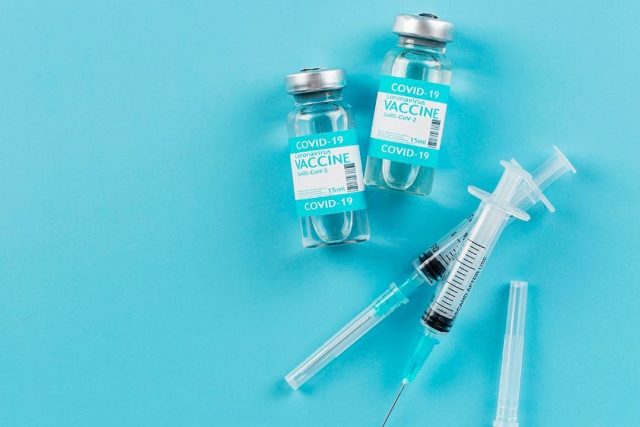
Medicine Cabinet
By Teodoro B. Padilla

With the widespread impact of the various variants of concern, including Omicron, the World Health Organization (WHO) continues to assess the strain composition of coronavirus disease 2019 (COVID-19) vaccines, and urges vaccine manufacturers to generate data on the breadth and magnitude of immune response for monovalent and multivalent vaccines.
In an interim statement released last week, the WHO Technical Advisory Group on COVID-19 Vaccine Composition said that COVID-19 vaccines that have high impact on prevention of infection and transmission as well as the prevention of severe disease and death are needed and should be developed. The global health agency added that until such vaccines are available, “the composition of current COVID-19 vaccines may need to be updated to ensure that COVID-19 vaccines continue to provide WHO-level recommended levels of protection against the various variants of concern.”
Since the pandemic began, the WHO has named five variants of concern namely Alpha, Beta, Gamma, Delta, and Omicron.
Member companies of the International Federation of Pharmaceutical Manufacturers & Associations (IFPMA) are at the forefront of the global effort to develop safe and effective COVID-19 vaccines. Vaccine candidates of AstraZeneca, Johnson & Johnson, Moderna, and Pfizer (co-developed with BioNTech) were among the first to receive emergency use authorization (EUA) from regulatory authorities.
With extensive knowledge on earlier variants, the industry is once again scanning their libraries of vaccines and treatments to determine if they could provide protection against Omicron. Vaccine developers have earlier announced efforts to specifically target Omicron.
Most recent to announce its preliminary analysis was AstraZeneca which said that data from an ongoing trial showed increased antibody response against Delta, Alpha, and Gamma variants following a third dose of its vaccine. Another analysis of samples from the trial also showed higher antibody response to the Omicron variant.
Johnson & Johnson, on Jan. 6, announced that its vaccine demonstrated durable protection against breakthrough infection, hospitalization, and admission in the Intensive Care Unit for up to six months. Preliminary data from another study also demonstrated 85% effectiveness for the homologous booster shot of Johnson & Johnson against COVID-19 related hospitalization in South Africa where Omicron was dominant.
On Jan. 3, Pfizer-BioNTech also said that the US Food and Drug Administration expanded the EUA of a booster dose of its vaccine to include individuals 12 years old and older. It added that the reduction of time between the primary series from six months to five months is supported by real-world data from the Ministry of Health of Israel.
On Dec. 20, 2021, Moderna said that its currently authorized booster increased neutralizing antibody levels against Omicron approximately 37-fold compared to pre-boost levels.
Combined with public health and social measures such as wearing masks, hand hygiene, and social distancing, among others, these COVID-19 vaccines have been crucial in preventing severe sickness and deaths, and protecting the health system.
On top of scaling up manufacturing to ensure equitable access to first-generation COVID-19 vaccines around the world, the research-based biopharmaceutical industry is working on new and next-generation vaccine candidates that could help address the pandemic. Vaccines are considered “next-generation” if these demonstrate an incremental improvement on the first-generation COVID-19 vaccines in terms of efficacy, affordability, and/or program feasibility (ease by which the vaccines are delivered into the arms of people around the world).
Toward this end, vaccine manufacturers are working on the development of protein-based vaccines for COVID-19, and are exploring new or different adjuvants as well as new components for stronger immune protection against SARS-CoV-2.
The challenge to the biopharmaceutical industry continues as the world seeks to end the pandemic at the soonest possible time. The approaches and options outlined by the WHO require consideration of continued development of a monovalent vaccine that elicits an immune response against the predominant circulating variant. Another option, the WHO said, is the development of a multivalent vaccine containing antigens from different variants of concern. The ultimate challenge is the development of a pan SARS-CoV-2 vaccine that would be variant-proof.
The development of any such vaccines is not an easy task, and one which requires a new level of innovation and collaboration of the global scientific community.
Teodoro B. Padilla is the executive director of the Pharmaceutical and Healthcare Association of the Philippines (PHAP), which represents the biopharmaceutical medicines and vaccines industry in the country. Its members are at the forefront of research and development efforts for COVID-19 and other diseases that affect Filipinos.